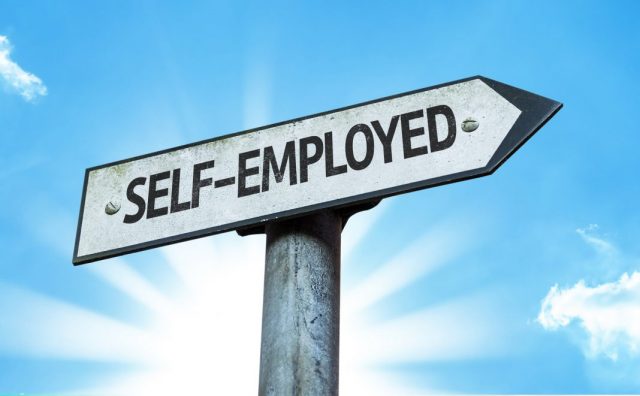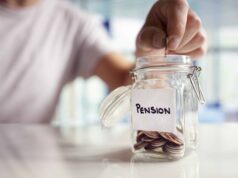Increased numbers of self-employed workers have contributed to a record high amount of people that were required to complete a self-assessment tax return this year.
Figures released by HM Revenue & Customs on Monday revealed that 11.7 million people were required to fill out a tax return by the January 31 deadline in 2020, an increase of around 200,000 on last year’s previous record total.
92 per cent of taxpayers, or 10.8 million, filed their returns on time this year; the over 950,000 individuals who missed the deadline will face an immediate fixed penalty of £100, which can increase after three months if the return remains unfiled.
Data released by the Office for National Statistics last month showed that the number of self-employed workers in the UK rose above 5 million for the first time in the September to November quarter of 2019.
“The record number of tax self-assessments filed reflects the rise and rise of the self-employed sector,” said Alasdair Hutchison, policy development manager at the Association of Independent Professionals and the Self-Employed (IPSE). “The record number of self-assessments isn’t just because of the rise in the number of people who define themselves as self-employed, however: it’s also because more and more people now have side hustles alongside other work.
“Online platforms and other emerging technologies make it easier than ever before for people to top up their income by running their own business on the side. Many people even use this as a way to test the water before they take the leap into full self-employment.”
HMRC received a record 11.1 million returns by the deadline, consisting of both expected and unexpected returns and late self-assessment registrations. However, as usual, many taxpayers left it up to the wire, with more than 700,000 submitting their tax returns on January 31, and 26,562 filing their self-assessments in the last hour before midnight on the deadline. Meanwhile, 10.4 million individuals submitted their information online, rather than using the traditional paper returns, which is also more than ever before.
Angela MacDonald, HMRC’s director-general for customer services, said: “It’s great to see that the majority of customers have submitted and paid their tax returns before January 31.”

Tax experts advised people who missed the self-assessment deadline to submit a return as soon as possible.
Late returns attract an initial £100 penalty, which applies even if there is no tax to pay or if the tax due is paid on time. After three months, there are additional daily penalties of £10 a day, up to a maximum of £900. After six months, there is a further penalty of 5 per cent of the tax due or £300, whichever is greater. After 12 months, another 5 per cent or £300 charge applies, whichever is greater. There are also additional penalties for paying late of 5 per cent of the tax unpaid at 30 days, six months and 12 months.
Taxpayers can appeal against the £100 penalty if they think they have a reasonable excuse. This might include being unable to file due to technical issues with HMRC’s online services, a death in the family or an unexpected stay in hospital.
“However, the definition of a reasonable excuse is subjective and is being more frequently tested in many cases that reach tribunal,” said Dawn Register, partner in tax dispute resolution at accountancy firm BDO.
7th February 2020









